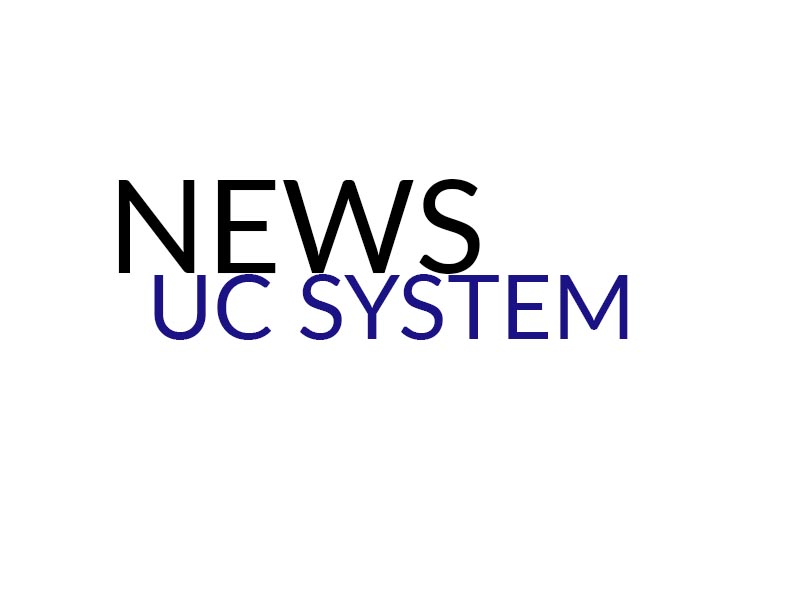Rep. Scott Peters (D-Calif.) re-introduced the Student Loan Repayment Assistance Act to Congress on March 26. If passed, the law will provide a tax credit for employers who match their employees’ student-loan payments.
Peters told the UCSD Guardian that the program would function similarly to and alongside retirement-funding programs where employers receive tax deductions for contributing to an employee’s retirement fund. Additionally, he said the legislation is a new approach to assist students.
“There are a lot of bills around [Congress] to try to lower interest rates, increase Pell Grant funding and increase support for federal student loans,” Peters said. “This is the first we’ve heard of something that would allow the employer help a person pay off their student loans.”
According to Peters, the bill, which was originally introduced last August, experienced a pushback from Congress because it included a provision to extend the loan-repayment grace period.
“What people liked about the bill was that it helped repayment, but it seemed like extending the period of repayment had a cross-purpose with that,” Peters said. “Rather than create a mixed message, we decided to focus on the repayment part.”
The original form of the bill states that in order for an employee to qualify for the program, they must contribute at least $50 a month to their student loans, and employer loan contributions are separate from their overall income. Employers determine how much to subsidize loans on a monthly basis and may contribute up to $6,000 a year to an individual’s loans with a lifetime cap of $50,000. In addition, employers cannot discriminate in favor of highly compensated employees when providing loan contributions and benefits.
Peters said that the program would benefit any job sector that hires college graduates and could make the employee-recruitment process more competitive.
“If an employer wanted to think of what benefits to offer its employees to compete for kids who are smart and in demand, they could offer this repayment incentive,” Peters said. “Any employer who is employing college graduates could take advantage of this. There’s no doubt that within the science, technology, engineering and mathematics fields, where it’s very competitive, you might see competition using this [program].”
Peters said that reducing student-loan debt is necessary to improving the national economy overall.
“Right now, we have more student-loan debt than credit card debt, only second to mortgage debt which is not good for the economy,” Peters said. “The debt is scaring away some kids who should be going to school.”








